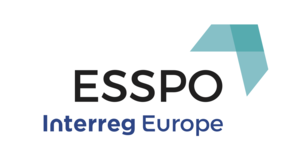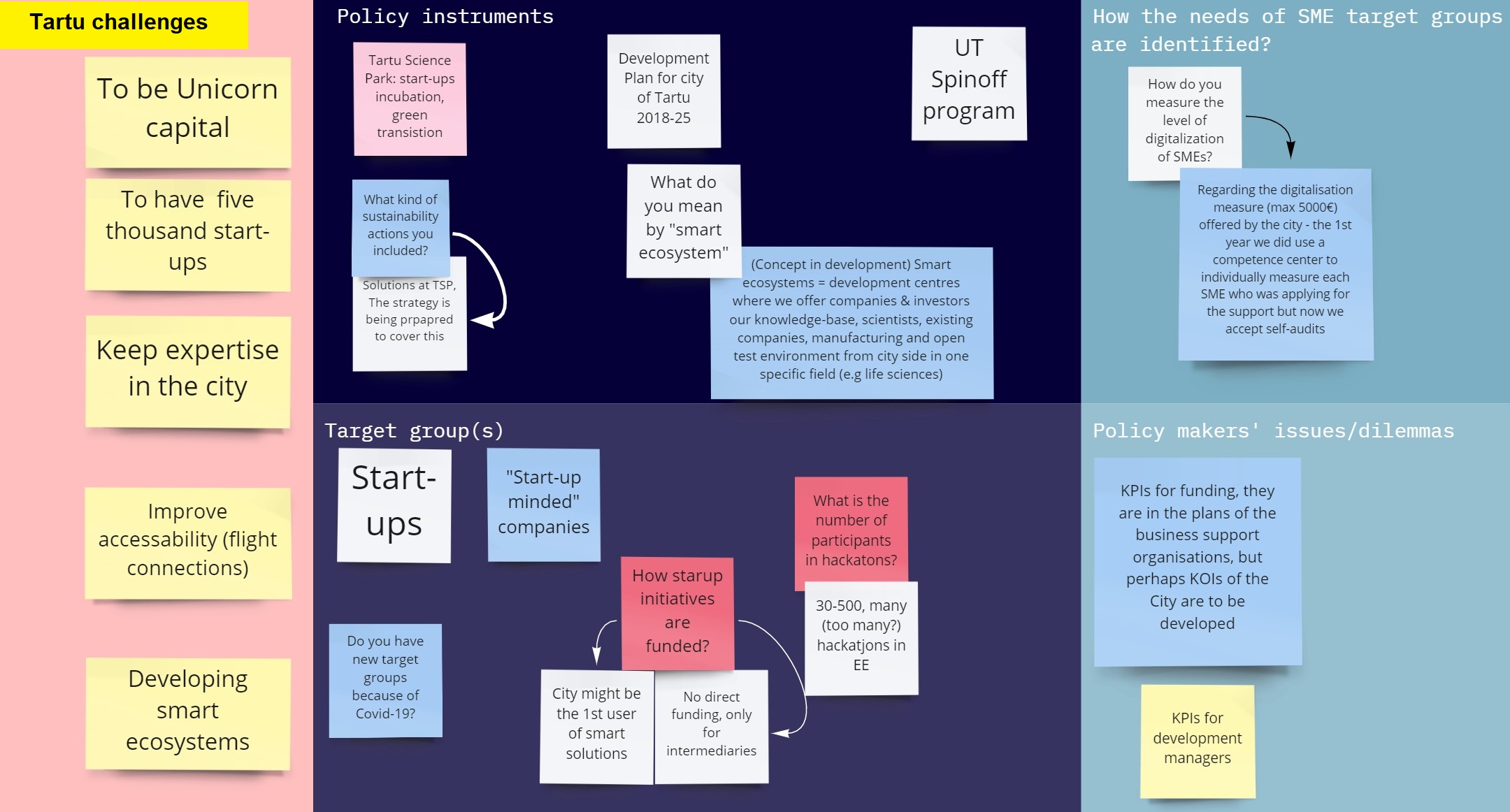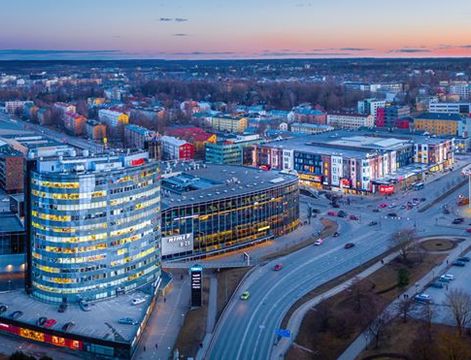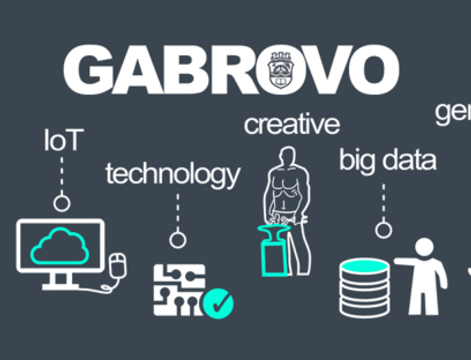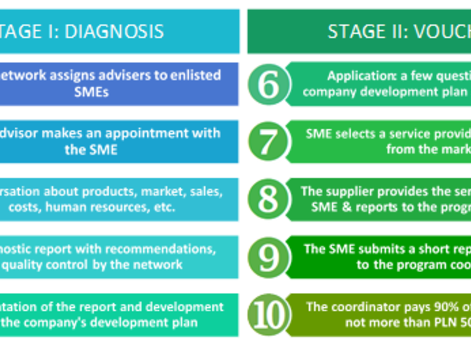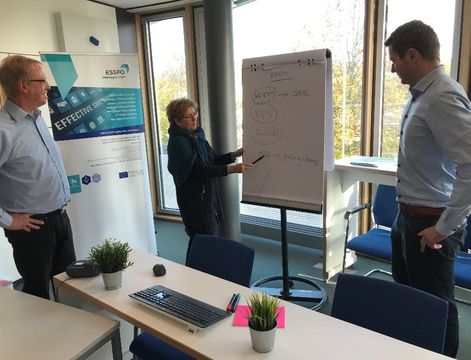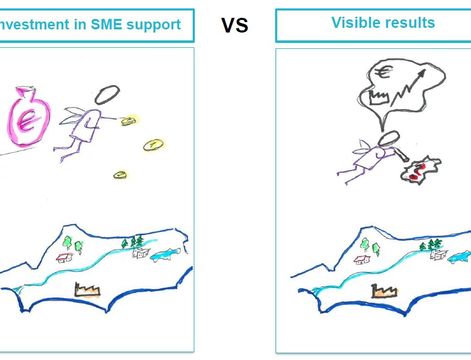The Final Conference of the project ESSPO, will not take place physically or on the scheduled date of the 3rd of June. Instead, it will be held online on the 29th of June from 13:00 to 15:00 (CET). The objective of the conference is to show the wider audience (authorities and agencies running SME support programs) how the results of ESSPO may be used in the challenging new reality expected in the post-Covid era.
This free webinar will take place on Monday, 29th of June from 13:00 to 15:00 (CET). Register by following this link: https://bit.ly/2UCnnD9
This conference will be a great opportunity to become familiar with innovative and effective policies for supporting SMEs, as well as how the project has impacted the nine regions of the partnership and what good practices the partners have exchanged concerning the identification of issues that SMEs face in their work (access to finance, administration and regulatory burden, and shortages of skilled workers). These good practices include Bind 4.0., a public-private acceleration programme focused on Industry 4.0 early-stage start-ups; Economic Developers University, aimed at developing effective, coordinated, and professional business ecosystems by training and educating innovation intermediaries; ICT Innovation Vouchers, a grant issued to support the uptake of ICT services in SMEs, and SPARK Demo, a meeting platform between B2B, B2G, and B2C actors.
During the conference, the members of ESSPO will share lessons learned over the course of the project. For example:
• In Wielkopolska (Poland), ESSPO created opportunities to develop a trustful relationship between broader society and the regional authorities. The local partner took the occasion to demonstrate their expertise and dedication to the region.
• In Tartu (Estonia), the partner would like to stress that each customer has different needs, expectations, and pain points (problems in need of a solution). To align most of them is a crucial and time-consuming process; to align all is near impossible. One could spend a long time going deep into the differences of various time frames, impact assessments, and return-of-investment expectations of each of them.
• In Gabrovo (Bulgaria), cooperation and consensus have been built for local economic development and support of innovations involving local business. Moreover, public-private partnerships are being used as a tool to support innovations.
• According to the Bulgarian ARC Fund, ESSPO proves the fact that the innovations have to be the first priority for the government, especially in times of crisis. Science-business collaboration is a crucial factor in competitiveness and quality of life and thus requires specific support measures.
ESSPO follows a joined-up approach for supporting regional SMEs. As regional agents of development, RDAs and other likeminded actors coordinate policies, programmes, and projects to enable businesses, research and education institutions, and governments to work better together.
Agenda
12h30 Welcome of participants, practical information and rules
o Moderation: Richard Tuffs
13h00 Setting the scene – welcome session
• Keynote speech: Post-COVID era challenges SME will face and need support with
o Christian Saublens. Former director of EURADA
• Interreg Europe: Programme input for COVID and post-COVID interventions
o Erwin Siweris, Interreg Europe Programme Director
• ESSPO lessons learnt to support SME competitiveness
o Elżbieta Książek - Poznan Science and Technology Park (PSTP)
• Online poll about SME policies. Comments, questions and answers
13h30 How to address the needs of SMEs, post-COVID
• Relevance of SME oriented policies
o Vaido Mikheim. Tartu Science Park
• Needs of SMEs in the COVID area, results of interviews with 1700 companies in Centre Val-de Loire
o Nathalie Boulanger. Dev’Up
• Results of the SME survey
o Desislava Koleva. Municipality of Gabrovo
• Online poll about SME policies. Comments, questions and answers
14h00 Solutions and lessons of ESSPO regional partners
• Designing the SME support instrument with the stakeholders (living lab)
o Elżbieta Książek - Poznan Science and Technology Park (PSTP)
• Smart Tourism
o Juan Garate - Tecnalia
• Accessibility of support all over the territory::Networking as the key to improving services for SMEs
o Beatriz Casado. ICE Castilla y Leon
• Weserbergland: Innovation & technology transfer scheme in subregions adapted to the SME needs related to the COVID situation
o Dieter Meyer. MCON
• Flexible support service delivery
o Venceslava Yanchovska, Manager, Innovation Norway Sofia
• Online poll about SME support measures. Comments, questions and answers
14:45 Final conclusions and future actions
o Elżbieta Książek - Poznan Science and Technology Park (PSTP)
o Richard Tuffs, moderator
